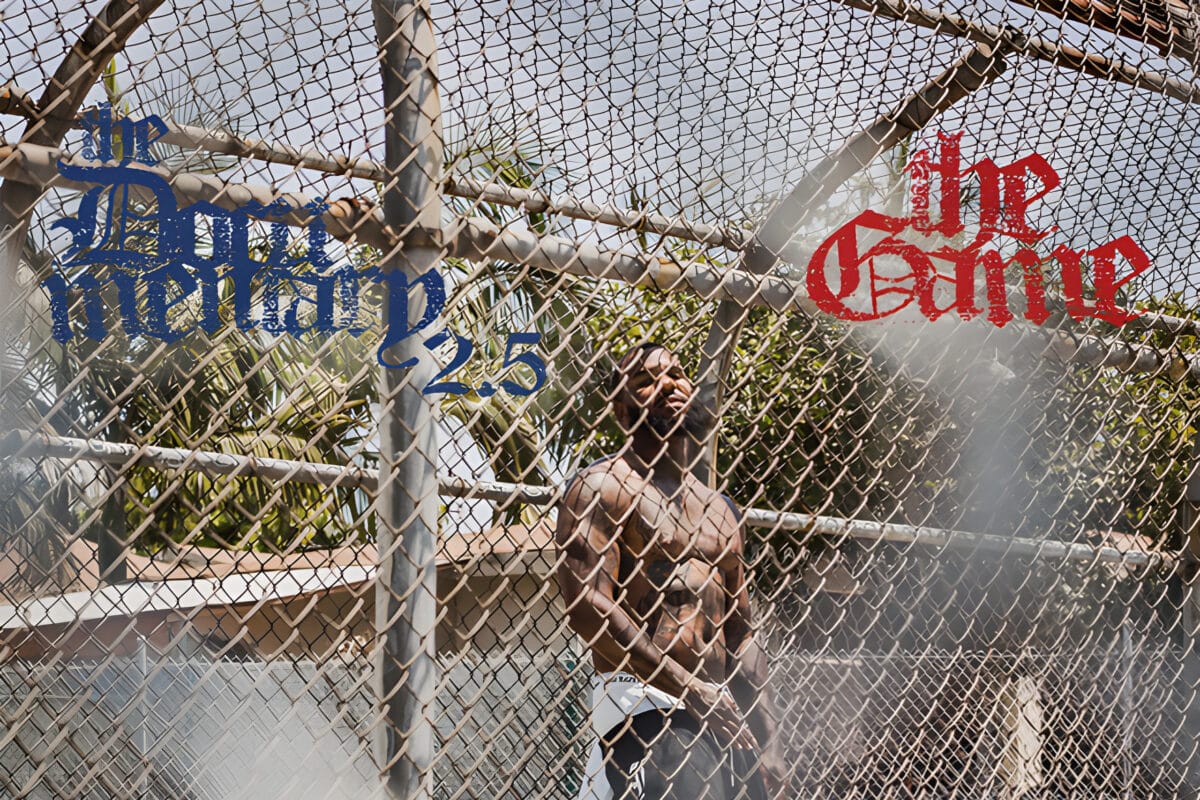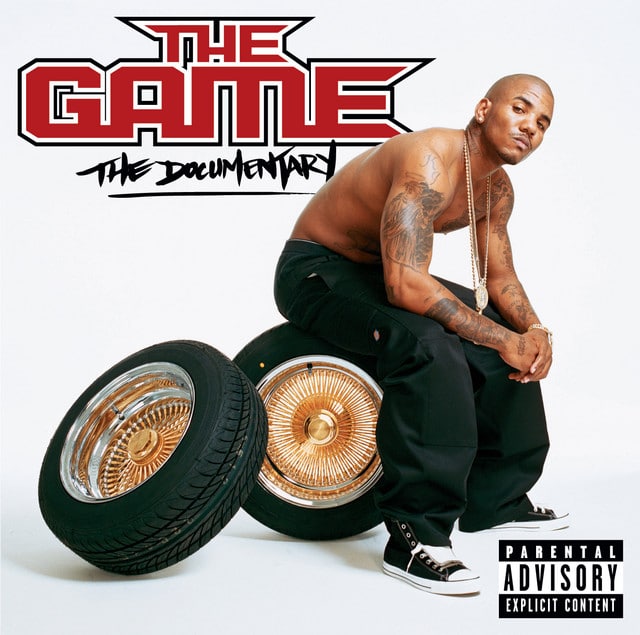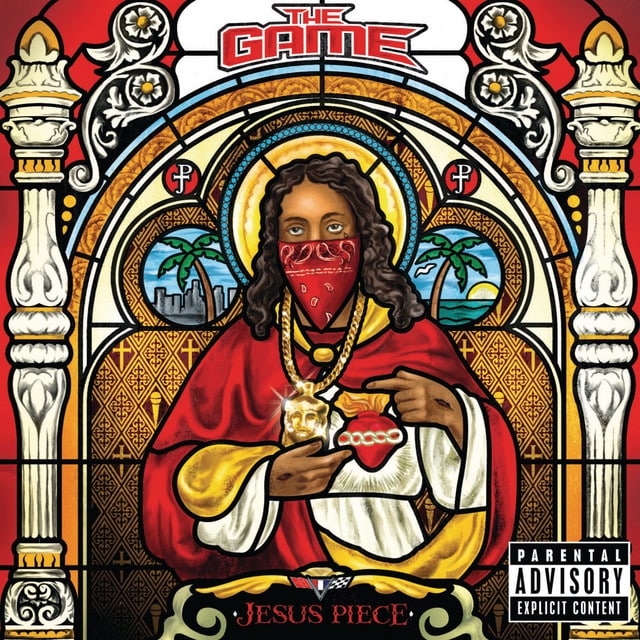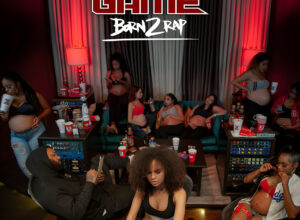Released: 2015
Ayo, we about to go verse for verse on “From Adam” by “The Game”, featuring “Lil Wayne”. This profound piece of hip-hop ain’t your regular hype tune; it’s a deeper voyage into the psyche of a man wrestling with his loyalty to the hood, his need for revenge, and the struggle to reconcile with the events in his past.
The first verse lays out the painful context. The Game poignantly reveals the death of his friend Frog, killed by a gunshot to the head. The violence and loss lead him to question his affiliation with the Blood gang (Piru is a faction of the Bloods), but, in the next breath, he dismisses any allegiance to the rival Crips. But his contemplation ain’t that simple; he’s also questioning who really has his back, noting that he’s encountered as much betrayal within his own ranks as support.
The chorus captures this ambivalence, the Game seems lost, wrestling with not knowing himself while seeking to identify his friend’s killer. The lyrics, “Click-clack explain, I can kill you but ain’t nothing going to change,” express a knowing futility; even if he gets his revenge, it ain’t gonna bring his homie back.
The second verse gives us some backstory, as the Game reminisces about the time he got shot. He casts suspicion on his homeboys then, in an unexpected turn, he acknowledges being thankful for getting set up; suggesting the incident offered him a hard reality check, one that had him re-evaluating his position within the hood narrative.
“I know who shot me cause I shot them, but who set me up? I ain’t tripping but…” paints a vivid image of the cyclical violence of street life, expressing a lingering curiosity about ‘who set him up’ even as he isn’t letting it consume him.
The final verse cements the central theme of loyalty, focusing on his relationship with Wack, a man he didn’t initially trust but came to consider a brother. The line, “He walked in the booth where I was spitting, gave him ten thousand, couldn’t even finish his fuckin’ sentence,” throws down that loyalty ain’t about owing; it’s about recognizing real. The verse ends on a provocative note, a challenge to anyone daring to cross his loyal circle; a stark contrast to the earlier conflicted sentiment, paving the way for the Game’s evolved perception of loyalty and brotherhood.
At their core, these lyrics are a raw exploration of hood life; a gritty reflection on the burdens of gang affiliation, the pain of losing homies, and the challenging transformation these experiences can ignite. Ain’t no sugarcoating here, just The Game laying it bare in a way that only hip-hop can.








